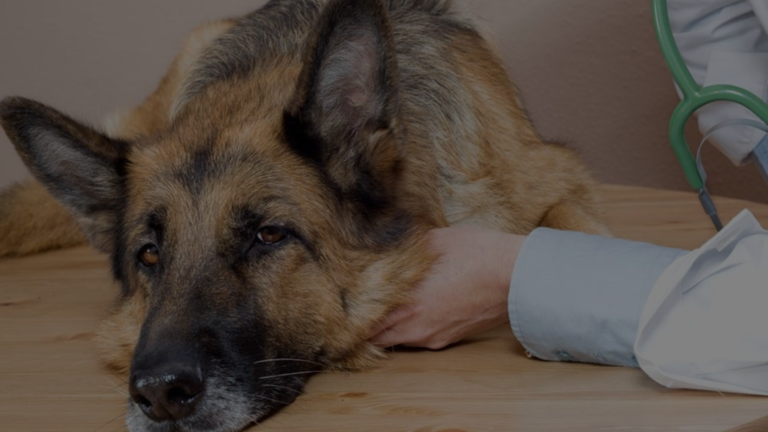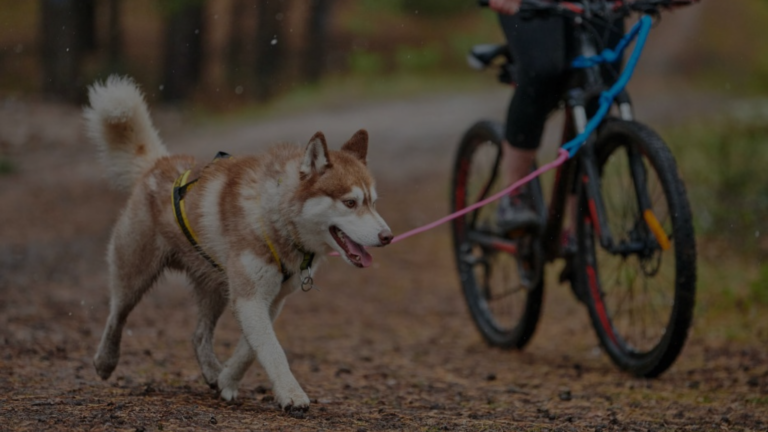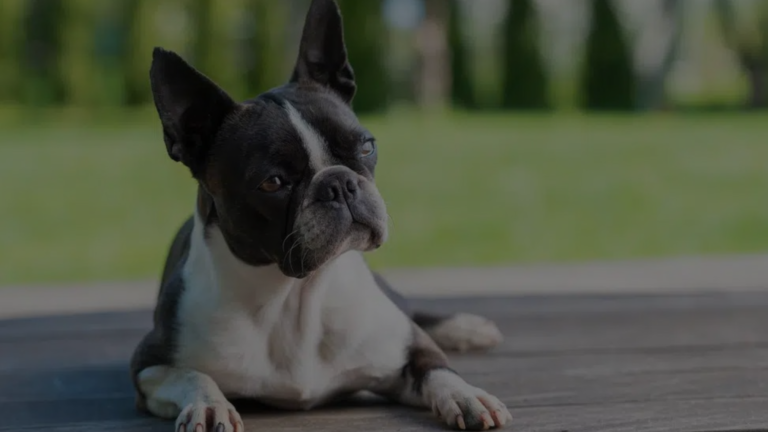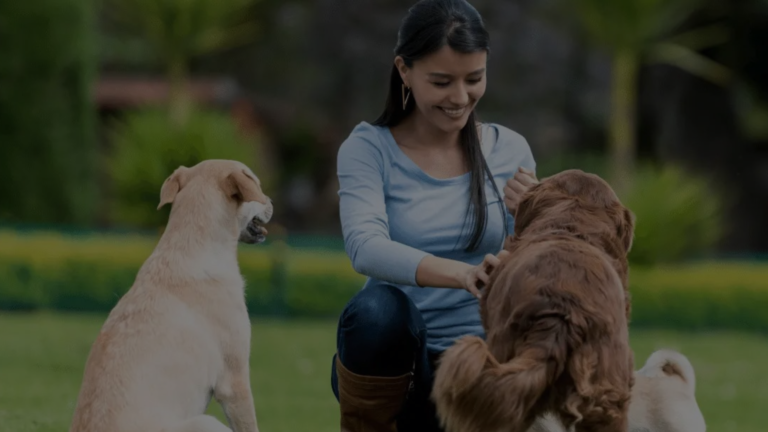Dogs are fascinating creatures, and their behavior often leaves us puzzled. One common yet intriguing question many pet owners ask is, “Why does my dog stand on my chest?” In this comprehensive guide, we’ll delve into the reasons behind this behavior, offering insights and tips for better understanding and strengthening the bond with your canine companion.
Understanding Your Dog’s Instincts
Natural Pack Behavior
Dogs are pack animals, and standing on their owner’s chest might be a way of asserting dominance or seeking attention. This behavior is rooted in their instinctual need for hierarchy within the pack.
Seeking Affection
Dogs crave affection and physical closeness. Standing on your chest could be your dog’s way of expressing love and seeking comfort, especially if they associate your chest with warmth and security.
Decoding Canine Communication
Non-verbal Communication
Dogs communicate primarily through body language. Standing on your chest may be a non-verbal way for your dog to convey a message, such as a desire for playtime, a need for a bathroom break, or simply want your attention.

Signs of Anxiety
In some cases, dogs may stand on their owner’s chest due to anxiety. Understanding the underlying causes of anxiety and addressing them can help alleviate this behavior.
Positive Reinforcement Techniques
Positive Association Training
Use positive reinforcement to encourage desired behaviors. When your dog stands on the floor instead of your chest, reward them with treats and praise. This helps reinforce the idea that standing on the chest isn’t the desired behavior.
Create Comfortable Spaces
Provide your dog with comfortable spaces, like a cozy bed or designated area. Redirecting them to these spaces when they attempt to stand on your chest can help establish boundaries.
Common Misinterpretations
Not Always Dominance
Although standing on the chest can be a show of dominance, it is important to consider other factors, such as age, race and individual personality. Some dogs may display this behavior out of affection rather than dominance.
Health Considerations
If your dog suddenly starts standing on your chest excessively, it’s crucial to rule out any potential health issues. Pain or discomfort may be driving this behavior, and a vet visit can provide clarity.
Building a Stronger Bond
Quality Time Together
Spend quality time engaging in activities your dog enjoys. Whether it’s play, walks, or training sessions, strengthening the bond through positive interactions can reduce the need for attention-seeking behaviors.
Consistent Routine
Dogs thrive on routine. Establishing a consistent daily routine for feeding, walks, and playtime can provide a sense of security, reducing anxiety-related behaviors.
Expert Tips for Canine Harmony
Training Classes
Consider enrolling your dog in training classes. Professional trainers can provide guidance on addressing specific behaviors and fostering a harmonious relationship.

Consultation with a Behaviorist
If behavioral issues persist, seeking the expertise of a certified animal behaviorist can offer tailored solutions based on your dog’s individual needs and temperament.
Resources & References
Recommended Articles
Recommended Video
Enhance your understanding by watching the video “Why Is My Dog Leaning on Me?” This insightful video explores canine behavior and provides practical tips for a stronger bond with your furry friend.
In this article, we’ve uncovered the various reasons why dogs cling to their owners’ chests and provided actionable tips for further harmony. By understanding your dog’s behavior and needs, you can create a loving and safe environment for your canine companion.
FAQs – Why Does My Dog Stand on My Chest
What does it mean when your dog stands on your chest?
It means your dog is trying to assert dominance or show affection.
Why do Dogs put their front paws on your chest?
Dogs do this to show affection, to seek attention, or to assert dominance.
Why does my dog stand on my chest and lick my face?
Your dog is trying to show affection or to mark you as their territory.
Why does my dog always want to be on my chest?
Your dog may be feeling anxious or insecure, and being on your chest can provide them with a sense of security.
How do you tell if your dog respects you?
A dog that respects you will listen to your commands, come when you call, and not growl or snap at you.
Do dogs have a favorite person?
Yes, dogs can form strong bonds with one person in particular. This is often the person who feeds them, walks them and plays with them the most.







